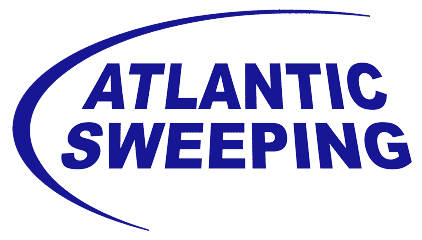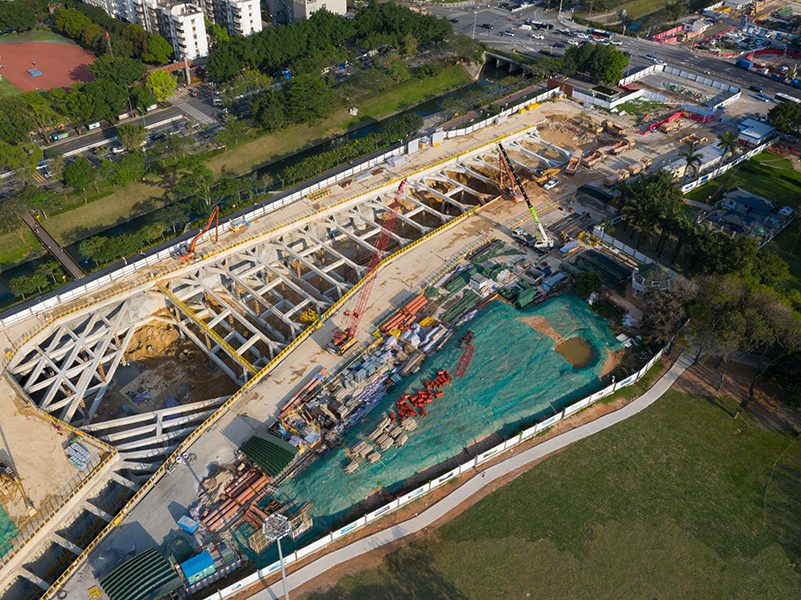Construction sites are complex places that require careful planning and coordination to ensure safety and compliance with federal regulations. One aspect of construction that is often overlooked is the importance construction sweeping for maintaining a clean site free of debris. Not only is cleanliness crucial for the safety of workers and visitors, but it is also necessary to comply with federal regulations, particularly the Clean Water Act of 1972.
Construction Sweeping for Track Out Control
Track out occurs when construction materials, such as dirt, gravel, or debris, are transported from a construction site to nearby streets, sidewalks, and storm drains. This can lead to air quality concerns, potential water pollution, and environmental and property damage. To prevent erosion, reduce airborne dust, and prevent pollutants from entering nearby waterways, construction sites should use track out control practices, such as pavement and street sweeping.
Construction Sweeping for Erosion Control
During construction, the ground surface is often disturbed. This can lead to soil erosion. Soil displacement is caused by wind, water, or gravity. These factors can lead to environmental and property damage. Pavement sweeping is an effective way to control erosion by removing soil and debris from paved areas. This removal can help reduce sedimentation in nearby waterways. Sweeping also helps prevent dust from blowing off the site, which can be a health hazard for workers and the surrounding community.
Construction Sweeping and SWPPP Compliance
A Stormwater Pollution Prevention Plan (SWPPP) is a document that outlines the measures a construction site will take to prevent stormwater pollution. The plan includes details on potential sources of pollution, the best management practices (BMPs) that will be implemented, and procedures for maintaining and inspecting the site. Construction sites must have an updated SWPPP on site, available for inspection at any time. Pavement and street sweeping are considered a BMP that helps sites comply with SWPPP regulations and avoid costly fines.
Additional Benefits of Construction Sweeping
In addition to SWPPP compliance and track out control, regular pavement and street sweeping offer additional benefits, such as improved air quality and a better site appearance. Airborne dust can be a health hazard for workers and communities, and sweeping can help reduce dust levels. A clean construction site looks more professional and can create a positive image for the construction company. A well-maintained site can also help with community relations by reducing the impact of the construction project on nearby residents.
Conclusion
Maintaining a clean construction site is crucial for compliance with federal regulations and the prevention of pollution of nearby waterways. Sweeping is an essential BMP for controlling track out and ensuring SWPPP compliance. Regular pavement and street sweeping also provide additional benefits. These benefits include improved air quality, increased safety, and a better site appearance. Atlantic Sweeping & Cleaning offers comprehensive pavement and street sweeping services. These services help construction sites meet their specific needs and stay clean, safe, and compliant. Contact them today to learn more.


